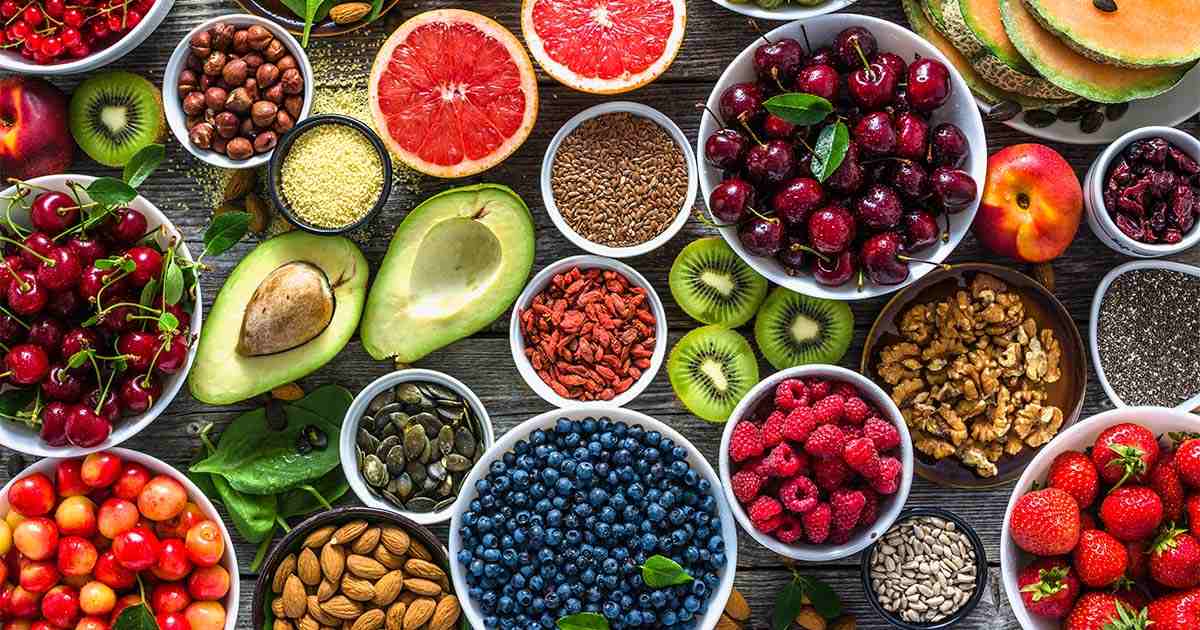When your body is recovering from an injury, what you eat becomes crucial. A proper diet to promote wound healing can significantly influence how quickly and effectively your body repairs itself. Whether you’re recovering from surgery, managing a chronic wound, or healing from an acute injury, nutrition plays a vital role in the recovery process.
The science behind healing
The wound healing process is a complex biological cascade that requires adequate nutritional support at each phase. Your body needs specific nutrients to repair damaged tissues, fight infection and restore normal function. Without proper nutrition, healing can be delayed, leading to complications and prolonged recovery times.
A well-balanced wound healing diet supplies your body with the essential building blocks necessary to regenerate tissue and support immune function. Research indicates that nutritional deficiencies can hinder the healing process, making proper nutrition a vital aspect of comprehensive wound care.
Understanding the stages of wound healing
To better understand how nutrition impacts recovery, it’s helpful to understand the stages of wound healing:
- Hemostasis: The initial blood clotting phase that starts immediately after injury
- Inflammation: When your body sends immune cells to clean the wound and fight infection
- Proliferation: The phase where new tissue begins to form and blood vessels regenerate
- Remodeling: The final stage, where tissue strengthens and returns to normal function
Each of these stages requires specific nutrients and a strategic diet to promote wound healing

Key nutrients for optimal recovery
Protein: The foundation of tissue repair
Protein is perhaps the most critical nutrient in a wound healing diet. Your body uses protein to build new tissue, manufacture enzymes for wound healing and support immune function. Without adequate protein, wounds heal more slowly and with less strength.
Good protein sources include:
- Lean meats and poultry
- Fish and seafood
- Eggs
- Dairy products
- Legumes and tofu
- Nuts and seeds
For significant wounds, protein needs may increase by 50% or more above your normal requirements. Nutrition for wound healing specialists often recommend consuming 1.2-2.0 grams of protein per kilogram of body weight daily during recovery.
Vitamins: The catalysts for healing
Several vitamins play essential roles in the wound healing process:
Vitamin C is necessary for collagen formation, the main structural protein in skin and connective tissue. It also supports immune function and acts as an antioxidant to protect healing tissues. Citrus fruits, berries, peppers and dark leafy greens are excellent sources.
Vitamin A helps regulate inflammation and supports cell differentiation during the proliferation phase. Find it in orange and yellow vegetables, liver and dark leafy greens.
Vitamin E is an antioxidant that protects cell membranes and can help reduce scarring. Nuts, seeds and vegetable oils provide this nutrient.
B vitamins support energy metabolism and cellular function during healing. Whole grains, meat, eggs and leafy greens contain various B vitamins.
Minerals: The building blocks
Zinc deserves special attention in any discussion about nutrition for wound healing. This mineral is involved in protein synthesis, cell proliferation and immune function — all critical aspects of tissue repair. Zinc deficiency can significantly delay healing. Oysters, red meat, poultry, beans and nuts are rich in zinc.
Iron is essential for oxygen transport to healing tissues. Without adequate iron, tissues receive less oxygen, potentially slowing the healing process. Red meat, spinach, lentils and fortified cereals provide iron.
Hydration: The overlooked healer
Proper hydration is crucial for wound healing but is often overlooked. Water is necessary for cell metabolism, nutrient transport and waste removal from healing tissues. Dehydration can impair circulation and oxygen delivery to the wound site, slowing healing.
Most adults need at least 8-10 cups of fluid daily, with increased needs during healing or in hot weather. Water, herbal teas and broth all contribute to hydration.
Creating your healing meal plan
To support diet and wound healing, focus on balanced meals that include:
- A palm-sized portion of protein (meat, fish, eggs or plant protein)
- A variety of colorful vegetables and fruits
- Whole grains for energy and additional nutrients
- Healthy fats from olive oil, avocados, nuts and seeds
- Adequate hydration throughout the day
Small, frequent meals may be easier to manage than three large ones, especially if the appetite is reduced during recovery.
Supplements: When whole foods aren’t enough
While a whole-food approach is ideal, nutritional supplements may be beneficial in certain situations. If you’re struggling to meet your nutritional needs through diet alone, consider speaking with a healthcare provider about appropriate supplements to support your wound healing diet.
Common supplements that may be recommended include protein powders, vitamin C, zinc and multivitamins specifically formulated for wound healing.
When to seek professional guidance
If you’re dealing with a serious wound, chronic wound, or have underlying conditions like diabetes that complicate healing, consulting with a registered dietitian who specializes in wound care nutrition can be invaluable. They can create a personalized nutrition plan tailored to your specific needs and healing requirements.
How to heal wounds faster naturally
While proper medical care is essential for serious wounds, nutritional support is a natural approach that can complement traditional treatments. By focusing on nutrient-dense foods, adequate protein and proper hydration, you provide your body with the tools it needs to optimize the healing process.
Remember that healing is a holistic process. In addition to nutrition, adequate rest, stress management and appropriate physical activity also play important roles in recovery.
By making mindful food choices that support your body’s natural healing mechanisms, you can potentially reduce recovery time and improve outcomes. A thoughtful approach to a diet to promote wound healing isn’t just about eating well — it’s about providing your body with the specific nutrients it needs during this critical time of repair and regeneration.
 Back to Resource library
Back to Resource library
Browse top categories
Social Share
At Enhabit our patients are our number one priority. From providing the latest medical practices to building deep personal connections, we’re focused on upholding every patient’s dignity, humanity and sense of control on their health care journey.
Home health
Our home health services give patients access to the care they deserve in the comfort of their own homes. From disease and injury management to recovery from surgery, our clinicians help patients confidently achieve their health care goals.
Hospice care
Our hospice care services place importance on the comfort of every patient living with a terminal illness. Our caring professionals are dedicated to providing not just physical care, but spiritual and emotional support to every patient and their loved ones.






